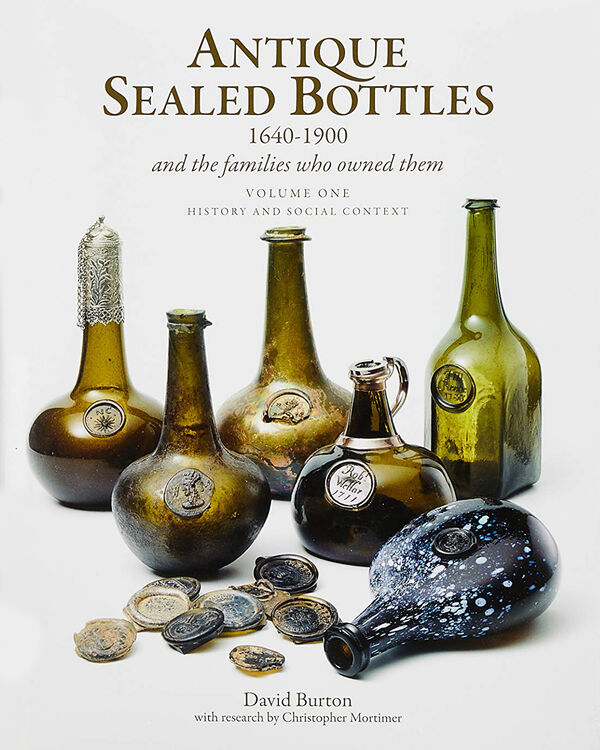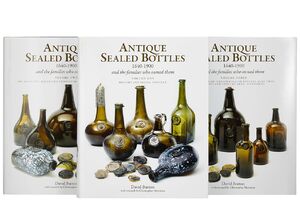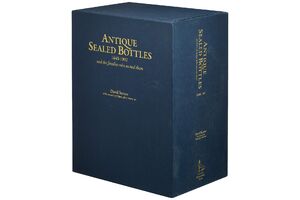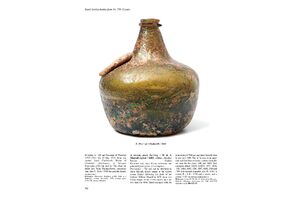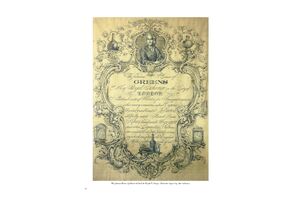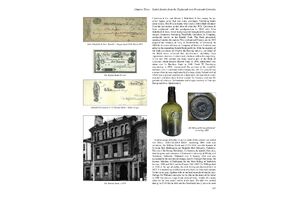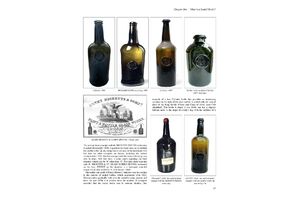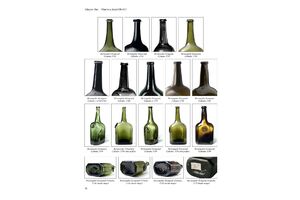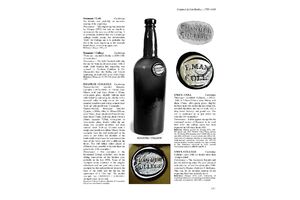Contact
art book cologne GmbH & Co. KG
Deutzer Freiheit 107
50679 Köln
Germany
Opening hours (office and showroom):
Monday to Friday 8 – 17
info@artbookcologne.de
Phone: +49 221 800 80 80
Fax: +49 221 800 80 82
About us
art book cologne, founded by Bernd Detsch in 1997, is a wholesale company and specializes in buying and selling high quality publications in art, art theory, architecture, design, photography, illustrated cultural history and all related subjects internationally. Our team includes specialists in art, culture, music, book trade and media but in spite of our diversity we have one common ground: the enthusiasm for unique art books.
We purchase remaining stocks from museums, publishers and art institutions. We sell these remainders to bookstores, museum shops, and art dealers all over the world.
Antique Sealed Bottles 1640-1900
| Publisher | ACC Art Books |
| Year | 2015 |
| Cover | Hardcover in slipcase with dust jacket |
| Language | English |
| ISBN | 978-1-85149-755-3 |
| Pages | 1840 |
| Weight | 12055 g |
| More | |
| Author(s) | David Burton |
| Article ID | art-59740 |
Time in a bottle; this is a collection that explores the unlocking of history through the identification of its unique seals, using crests and coats-of-arms as the ‘keys’ towards identifying the original owner.
This three-volume collection examines the evolution of the sealed bottle from the 1640s to the late 1800s and provides a detailed description to accompany each entry, supported by numerous photographs, including the number of examples known, their condition, and the collections where the bottles and detached seals are held.
The laying down of wine to improve its quality and longevity related to the social history of the day, the design of the bottles, their evolution and manufacture, are a reflection of the individuals who ordered and used the bottles at home or in the private gentlemen’s clubs, much influenced by the historic events of the 17th through to the 20th centuries. Wine consumption has a place in cultural history; these collected bottles existed at times of incredible upheaval and social change.
From the early colonial settlements of the New World, into the slave markets of Richmond, VA, New Orleans, Charleston, SC, and Philadelphia, and with the plantation owners who amassed vast wealth and prestige as a result of this trade. In the taverns and coffee houses of London, alongside the bear baiting and cock fighting to be found across the River Thames in Southwark, in the cellars of the Oxford colleges and Inns of Court, these sealed bottles give much information on the early drinking habits of the aspiring and upwardly mobile, and the established aristocracy.

